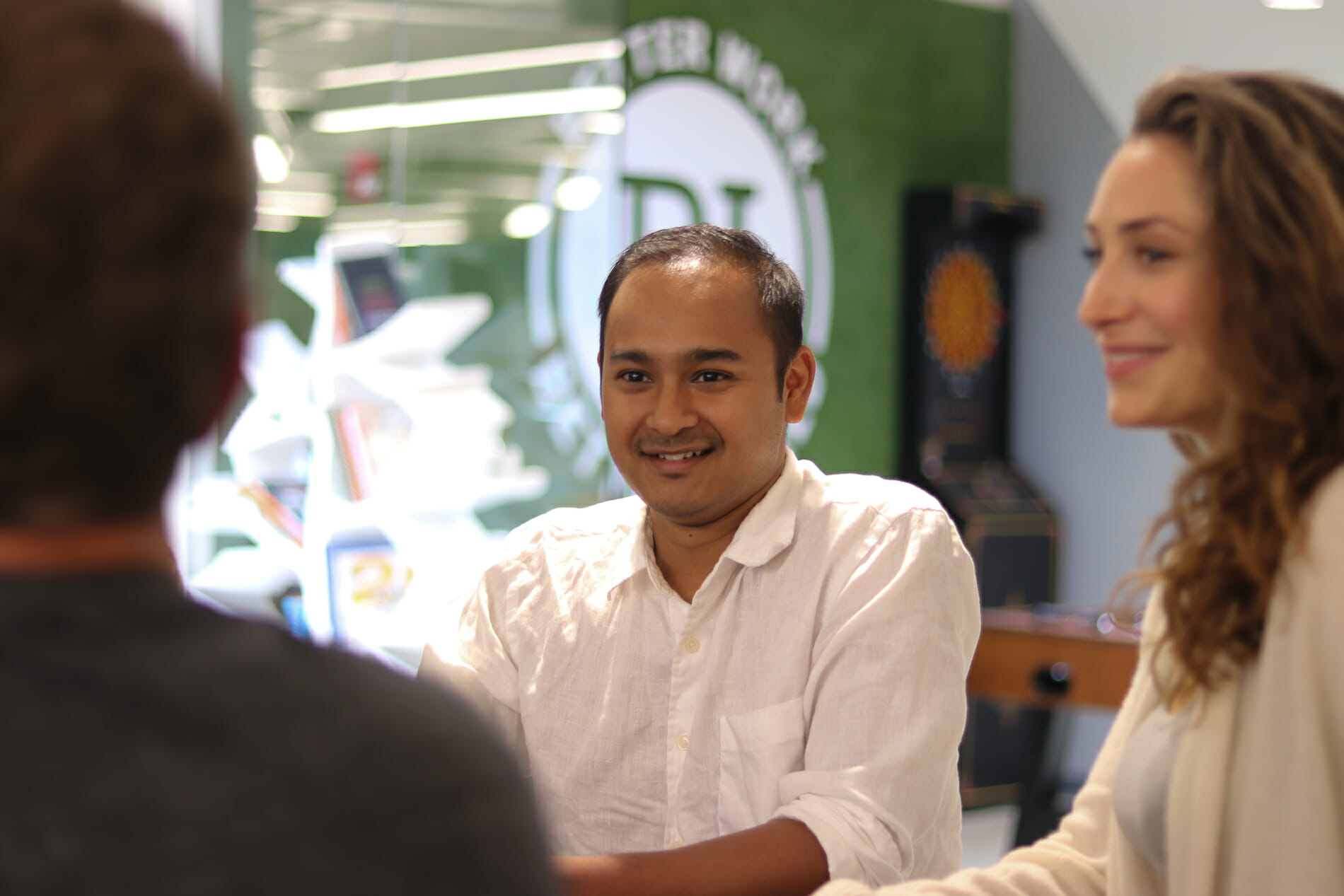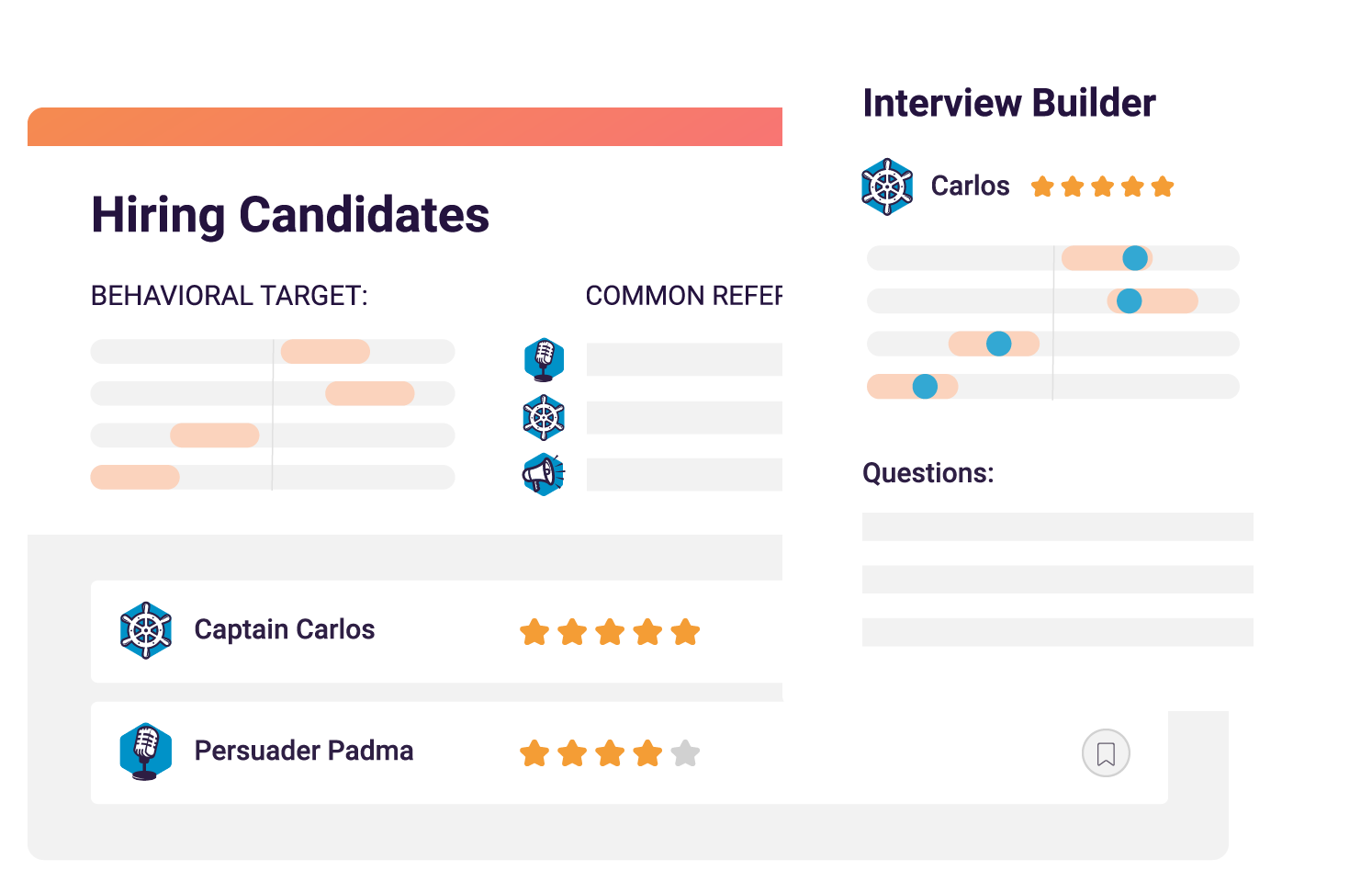How would you go about measuring and improving your self-awareness? I recently shared one of our blogs about self-awareness as an upskilling endeavor with my network, encouraging people to note this particular snippet:
“Increasing self-awareness is also a matter of professional development. You can view it on the same priority tier as attending workshops, reading books by industry leaders, or other forms of upskilling.”
A friend and fellow sales professional, Nigel Green, asked a great follow-up question that I’d like to unpack in this post, at least in part. His question was: “How would you suggest measuring improvement in the self-awareness category?”
It’s a great question.
My knee-jerk response to Nigel was to say that you first need to recognize (be aware of) your triggers. That is, what are the things that repeatedly trip you up? Do you know your caution areas? Do you even realize when you’ve been triggered?
Triggers come from anywhere, of course. It may be the way someone says something, a tone someone uses, an approach someone takes that you don’t like. It may be work pressures, financial worries, health concerns, or any number of other external or internal factors.
So, the question becomes: How do you recognize your triggers and your caution areas? And then: How can you measure your progress in terms of awareness and improvement against them?
I’ll provide five ways to get the conversation started from some of my own experience (and blunders).
1. Life
The gift of life provides so much data in regard to who we are. Our family, friends, peers, pets, associates, and the circumstances we find ourselves in all act as a feedback loop. They provide a reflection back to how we’re coming across.
I’ll share one embarrassing story from my late teens to drive this “life experience” point home. I remember ordering a sandwich at a local sub shop. They did a terrible job making it. Shocked by the decrepit thing they handed to me, I was triggered, but didn’t know it.
I went on to make it very clear that the service was less than professional in a very less-than-professional manner. Fortunately, my best friend was there to check my behavior, urging, “Ted… Ted… Ted… chill out, man. It looks like it’s his first day.”
Hello, caution area.
I was not aware that I was triggered. I was not even aware of why I was triggered. It took years to wrestle with things like overly high expectations and perfectionism.
What was this rooted in (so I don’t sound like a total jerk)? A desire for excellence. A desire that people are treated with dignity, respect, and honor. A job worth doing is a job worth doing well—no matter what. These are good things.
That said, it wasn’t until my twenties that this all became clear. I was in New York on a business trip and the guy who made my sandwich actually tossed it at me, yelling, “Go pay at the counter, kid!”
That helped reset my expectations (at least with sub shops, anyway).
Life—it’s a powerful teacher and gauge for where you’re at with your self-awareness.

2. Science
There are a slew of assessments you can take that will provide insights into your strengths and weaknesses. I am obviously partial to The Predictive Index because it extends beyond self-awareness to team, strategy, and getting business results. That said, the self-awareness component alone is huge.
I work in an environment where we are all so aware of each other’s strengths and caution areas, it’s like work therapy. We call each other out. We laugh at each other, knowingly. And we can call ourselves out, and apologize to each other for our blunders. This helps us all grow and become even more self-aware.
Okay—here’s another embarrassing story: A couple of years back, an amazing colleague at PI said we need to sit down and chat. She started the meeting with, “Ted, we need to start over. You’re treating me poorly and disrespectfully with your flashes of frustration.”
Hello, caution area.
Ouch—didn’t see that coming. Given the complexities of the situation we were working through together, I was under a lot of stress and was displaying some of the more problematic characteristics of my particular behavioral profile. My reference profile is a Strategist. I can bring a lot of good, but in this case I was being demanding, perfectionistic, and controlling—i.e., I was being a jerk.
Because my teammate understood me and we had a common language to navigate these types of team dynamics, she pointed it out, which helped me see “me” (and all my ugliness, at times).
I immediately thanked her for her courage, care, and support. She made me a better person in one interaction. I’ll never forget it. In fact, I draw on it all the time. And that’s just one of many interactions with my co-workers that form and shape me for the better in the world of talent optimization.
In short, I am significantly more aware of my caution areas because of science. And because of this, I am able to make steady progress that is witnessed and encouraged by my family, friends, and peers—encouragement that helps accelerate that progress.
3. People
You need people. You’re a social creature. Spouses, kids, loved ones, friends, mentors, and professionals are all excellent barometers to your self-awareness journey and progress.
Okay—another embarrassing story: My mentor of 10 years once remarked: “That seems to be a trigger for you, Ted.”
I’ll spare you the details, but I went off on a tangent, droning on and on about this particular issue and why it’s important. When I finished, he smiled and said, “See what I mean?”
Hello, caution area.
I didn’t see this trigger either, despite someone calling it out directly. However, his simple refrain—“See what I mean?”—became an earworm. Over time, as I continued to get triggered in this area, I began to see my reactions in the moment. At first it was embarrassing and upsetting at my lack of progress. However, one day, I caught myself laughing as I recognized I was triggered, again.
How long did this self-awareness improvement take? A long time. Talk to my poor wife.

4. Time
And that’s a great segue to… time. Discovering the depths of yourself takes time. It takes patience with you. It takes being gentle with you, laughing at you, and not letting the voices in your head take over. They will only impede progress.
I met my first mentor when I was seventeen. He was 27 at the time. He was super-old in my seventeen-year-old eyes. I saw him react rather poorly to a particular (and very difficult) situation with his girlfriend. When I asked him how he was feeling, he responded with, “You get used to it.”
“You get used to what?” I asked.
“Making mistakes,” he responded.
He wasn’t making an excuse. Rather, he helped me get comfortable with falling short. Rather than dwell on it or beat yourself up, get back up, learn from it, and try to do better.
Seeing and measuring improvements in self-awareness takes time—a long time. You can have lots of quick wins, but it takes time for real transformation to settle in. Perseverance, patience, and grit are important characteristics to develop, which leads to a final thought.
5. Character
Character is a word less used these days. Words like open-minded, growth-minded, or authentic, seem more popular. These are great words, but character is something that is developed over a long time through trials and tribulations.
Your response to these trials (whether external or internal) provides a glimpse into the progress you’re making on your journey.
Do you blame others for your situation(s)? Do you avoid difficult conversations, emotions, or circumstances? Or, no matter how wrong the other person/situation is/was, do you see the opportunity for you to grow? It’s the latter that makes all the difference in improving your self-awareness.
One last thing—and this is a nod to my friend and fellow co-worker, Kiera Collins, who has incredible self-awareness. She reminded me that self-awareness is very much a journey. Measuring self-awareness is indeed doable, as outlined above. However, depending on the size of the trigger, you may wind up back where you started.
So, rather than beat yourself up, the next measurement is: How quickly can you get up, dust yourself off, and keep going?
I’m far from an expert on any of this. Just someone who has stumbled a lot, gotten back up, and kept moving forward.









